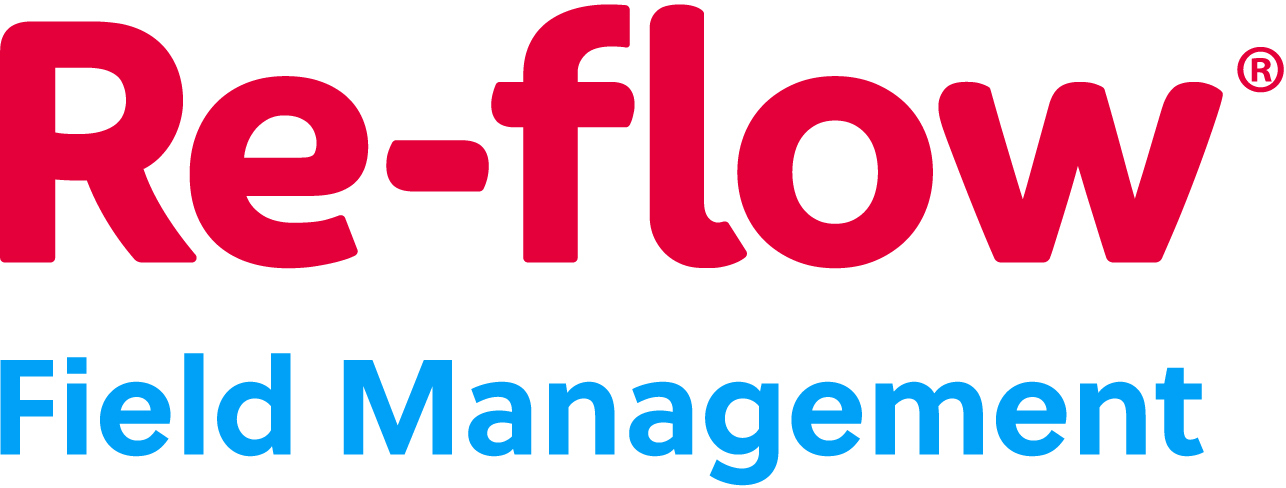
News
Future-proof your business with field management software


Adopting digital field management solutions is the way forward for those working in the construction industries.
According to Professional Builder: “The construction industry hasn’t always been the first to jump on the bandwagon with new tech. Many workers in the UK still prefer to stick to what they know: paper-based processes, accounting software and Microsoft Excel. Unfortunately, this lets inefficiencies creep in: double-handling, manual data entry, physical paperwork, lost/missing paper job cards, and so on. This way of working sucks up time that you can’t charge for and also opens up room for errors.”

Inefficiencies mean more and more companies are adopting field management solutions and throwing out archaic paper-based or legacy systems. In fact, it is projected that in 2023 there will be a “11% increase in software spend with strong demand expected across application development, enterprise applications and infrastructure,” says HGInsights.
They also state: “IT budgets are seen as protected investments and essential to remain competitive.” Investing in field management software can help keep companies current and competitive in a saturated market.
According to the Vilmate Blog “Operational excellence in today’s construction industry is essential, so secure mobile access to accurate and reliable project data is bound to make a difference in the job site productivity. Many industry leaders have already come to understand that investments made in mobile construction management software will, in the long run, pay off....”
According to an online study by techahead, about 93% of the construction companies agree that digitization is going to influence every one of their processes in coming years. This proves there is an awareness that digital solutions are needed within the sector, but it can be difficult to know where to start.
There are so many field management solutions out there that it can be hard to see the wood through the trees. Here are ten top tips on choosing the right software for your business.

1. Identify your needs
Every business is different and has needs it must meet. To best choose the right solution first consult with your various teams, on the ground and in the office. Their expertise can assist you in identifying stumbling blocks, gaps and required features. Implementing a software with lots of features you will never use is pointless. Sit down and outline what you are looking for the system to do and any pain points you have.
2. Test, test, test
Settling with the first or cheapest app you see isn’t best practice. Since whichever software you choose will be your partner in handling important tasks, you should know what you are getting. Take advantage of demos and free trials to test the water. Look at their feature pages and news pages on their website. This will show you how often they are making improvements to their software.
3. Security
The best software is cloud-based and follows a role-based model to protect sensitive data. By setting specific permissions for each role, information is only received by the intended party. Furthermore, the software should ensure GDPR compliance for storing and sharing documents.
4. Data
The right field management tool should provide a seamless data access experience. Real-time data reporting that provides insights into what is happening in the field, job status, where operatives, equipment and vehicles are at any given time and all other vital data-based components, can help businesses make better decisions and move forward.
Having a real-time and accurate record of works being carried out keeps the operative safe and the office informed. Additionally, with the software there should be detailed logs of user actions within a particular workflow, document, or account. This also means your business is compliant.
5. Scheduling
Planning is a field operative’s best friend. The ideal field management software would provide easy-to-use scheduling tools to assign jobs without clashes in appointments. It would also have several different ways to schedule jobs including recurring maintenance, contract or planned works and reactive incidents. Office staff should also have the ability to override tasks and assign them to the best available agent in terms of expertise and location. It should be as simple as dragging and dropping tasks into the agents’ calendar.

6. Ease of use
For the software to be implemented successfully, it must be easy to use. It affects the entire workforce so having a solution that doesn’t require a lot of training or time to switch to is very important – even better if it offers an integrated solution. If the software can be added to your current processes this ensures that the features, functionalities, and experience is seamless.
Ask how quickly the software can be installed, how much training is involved for the users, and if there is also offline support. If the solution is too complex, you run the risk of low adoption and ultimately, waste money.
7. After-sales support
A good customer journey is so important. There are always new features, benefits, and sometimes problems with digital solutions. Regardless of how robust the software is, you will likely need support.
Check the quality of the support team through looking at reviews and exploring case studies. Look out for helpline numbers that redirect you to call centres offshore as you’ll likely never get the answer to your question. Having an inhouse support team will ensure you get to speak to an expert as soon as possible.
8. Qualifications
Choosing a field service management system that allows you to group your technicians based on their expertise and technical expertise is essential if your company offers different services. This is also preventing unqualified operatives from being assigned tasks – saving time and errors.
9. Automations
Automations are all about creating efficiency. Look for a field management solution that can automate repetitive tasks or certain actions to take place when triggered: like holiday requests, sickness, risk assessments, safety checks, reminders to workers to check in etc. Software which has time and event-based automations are best.
10. Scalability
As your business grows, you may have to add more technicians or expand your services. Choose a scalable field service software that can grow with your business.
This is by no means an exhaustive list, with new features and field management companies cropping up daily, but this is the bare minimum you should expect when choosing your software. Like any big decision – do your homework – and most importantly speak to the experts.
Keep these tips in mind when searching and we know you’ll find the field management solution for your business.



